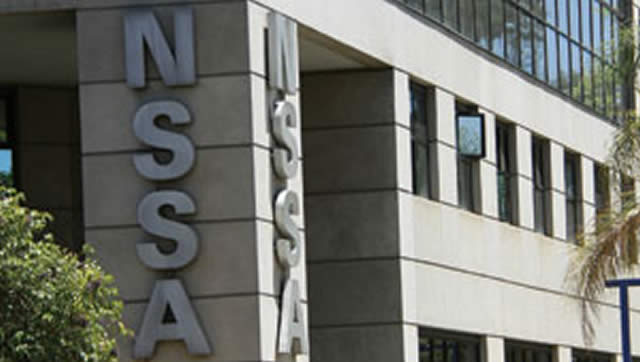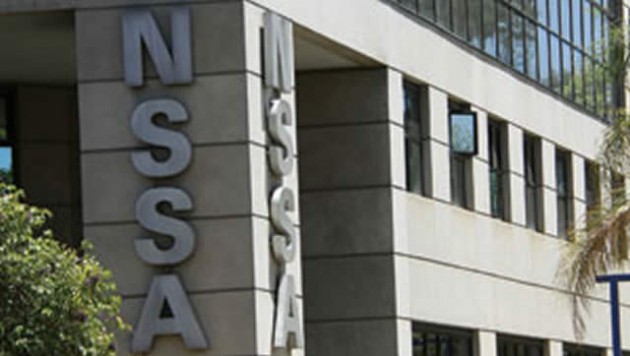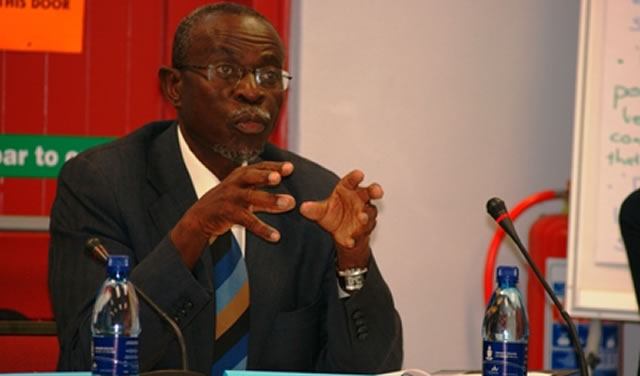NSSA ordered to return raided funds

 Daniel Nemukuyu Senior Reporter
Daniel Nemukuyu Senior Reporter
The High Court has ordered the National Social Security Authority to immediately return $1 152, 35 it raided from the trust account of a Harare law firm to recover outstanding monthly subscriptions.
Justice Owen Tagu on Wednesday granted an urgent chamber application by Harare lawyer Mr Maxwell Mavhunga of Mavhunga and Associates, who was contesting NSSA’s decision to raid a trust account holding clients’ funds in a bid to recover a debt owed by the law firm.
The court ordered the reversal of the transaction pending determination of the main dispute between NSSA and Mavhunga and Associates.
Law firms are obliged to hold two bank accounts, a business and trust account.
A trust account is opened for the purpose of holding clients’ funds and no unsanctioned withdrawals can be made by the lawyers.
That account has nothing to do with the law firm’s daily operations. It is only for safekeeping of funds belonging to the firm’s clients.
Such funds should be produced on demand and if a lawyer fails to produce the money, disciplinary proceedings are instituted against him or her by the Legal Practitioners Disciplinary Tribunal.
Business accounts are for the law firm’s day-to-day running.
On July 14 this year, NSSA workers visited Mavhunga and Associates at Raymark Court, George Silundika Avenue and carried out an assessment of how much the firm owed in outstanding social protection contributions.
It was discovered on that date that the law firm owed NSSA in excess of $1 000 for a period stretching from July 2013 to June 2014.
While Mr Mavhunga was trying to come up with a payment plan to settle the debt, NSSA raided the trust account held with FBC Bank Limited and deducted $1 152,35 on July 22.
In a founding affidavit forming part of the urgent chamber application, Mr Mavhunga said NSSA’s actions were illegal.
“It is common cause that the trust account holds monies that do not belong to me as legal fees but are actually funds which belong to respective clients which must be paid on demand.
“It is therefore illegal for the first and second respondent, in due connivance, to proceed to take clients’ money for a debt which is owed by our firm,” said Mr Mavhunga.
He said NSSA’s actions would cost him as a legal practitioner in the event that clients demanded their money back.







Comments